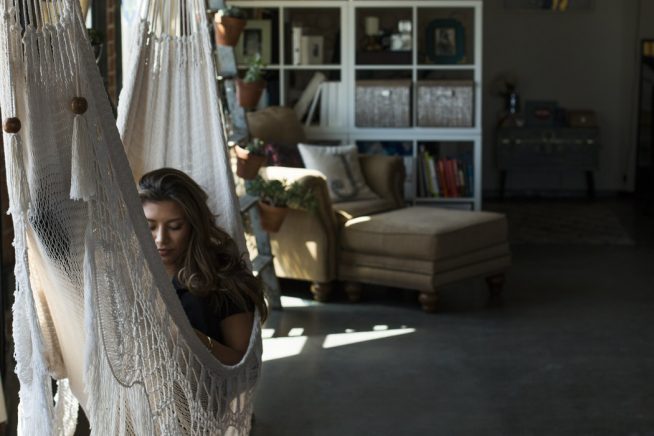People often ask me, “How do I make more time for myself? How do I put myself first?”
And when I hear that question, I think: OBLIGER!
Obligers think that everyone struggles with this question, but in fact, it’s a much bigger challenge for Obligers than it is for Upholders, Questioners, or Rebels. Each of these other Tendencies benefits from its own safeguard.
(Don’t know what I’m talking about with those terms—Upholder, Questioner, Obliger, Rebel? Take my quick, free “Four Tendencies” quiz here or read about my personality framework here.)
Sometimes this Obliger challenge takes the form of “I’m so busy putting other people first, I don’t have time for myself.”
Sometimes it looks more like “I give 110% to my patients, I can’t possibly find time to exercise” or “With my grueling travel schedule, there’s no way I could eat healthier.”
However this issue is framed, it boils down to the Obliger pattern: meeting outer expectations but struggling to meet inner expectations.
And the solution is always the same: create outer accountability for meeting inner expectations.
This is the answer. This is crucial. Don’t work on motivation, priorities, clarity, will-power, none of that! Work on creating outer accountability.
Creating Outer Accountability for Self-care
So, how might an Obliger create outer accountability for “self-care” type activities? Or how might someone around an Obliger help that person to do that?
Want to read more? Join a book group; read what your children are reading in school so you can have family discussions.
Want to exercise more? Work out with a trainer; take a class; go for a walk with a friend who will be annoyed if you don’t show up; take your dog for a walk and remind yourself that your dog really benefits from the exercise.
Want to eat more healthfully? Think of how disappointed your future-self will be if you keep eating junk food; think of how much healthier others will be if you don’t bring junk food into your home or office.
Want to give yourself a treat, like a massage or a tennis lesson? Remember, “If I give more to myself, I can give more to others. If I let myself get too drained and exhausted, I won’t be able to be a good family member/colleague/employee/boss/friend. I need to put my own oxygen mask first.”
Want to quit smoking? Think of your duty to be a role model for others; think about the fact that by smoking, you’re pouring money into the pockets of the tobacco companies who will use that money to get more people addicted to cigarettes; think of how others depend on you to be healthy.
Want to make time to see friends? Create a regular appointment (have lunch every first Monday of the month) so that people expect you to show up at a certain time; tell your family or friends “I’m making a commitment to spend more time with friends” so that you feel an obligation to follow through—even if only to model the behavior for others that it’s important to keep our promises to ourselves.
Want to work on your novel? Join a writing group where every member holds each other accountable for a certain amount of writing; tell your kids, “You have your work, I have my work. If you don’t see me working on my novel, you don’t have to do your homework.”
Note that these strategies might not work very well with other Tendencies.
As an UPHOLDER/Questioner, I resist ideas like, “I need to take care of myself so I can care for others.” I care for myself because that’s what I want and need—not because of others.
Likewise, a Rebel might resist the idea of having a regular meet-up with friends. Typically, Rebels don’t like to feel constrained by a calendar.
If you want to go deeper into the Four Tendencies, read the book The Four Tendencies or take my online video course.
If you need outer accountability—for self-care or for anything—you can also launch or join an accountability group on my free app, the Better app. It’s a place for questions, discussions, and observations about the Four Tendencies, and also a place to create an accountability group for whatever aim you’re trying to reach.
I’m astonished by the ingenuity and imagination that Obligers use in creating outer accountability for themselves. Brilliant solutions! It’s really not that hard to do, once you realize that outer accountability is what’s necessary.
Have you come up with any great ways to give yourself outer accountability?
Gretchen Rubin is the author of the #1 New York Times Bestseller The Happiness Project—an account of the year she spent test-driving the wisdom of the ages, current scientific studies, and lessons from popular culture about how to be happier—and the recently released Happier at Home and Better Than Before. On her popular blog, The Happiness Project, she reports on her daily adventures in the pursuit of happiness. For more doses of happiness and other happenings, follow Gretchen on Facebook and Twitter.
Image courtesy of Mike Bowman.












